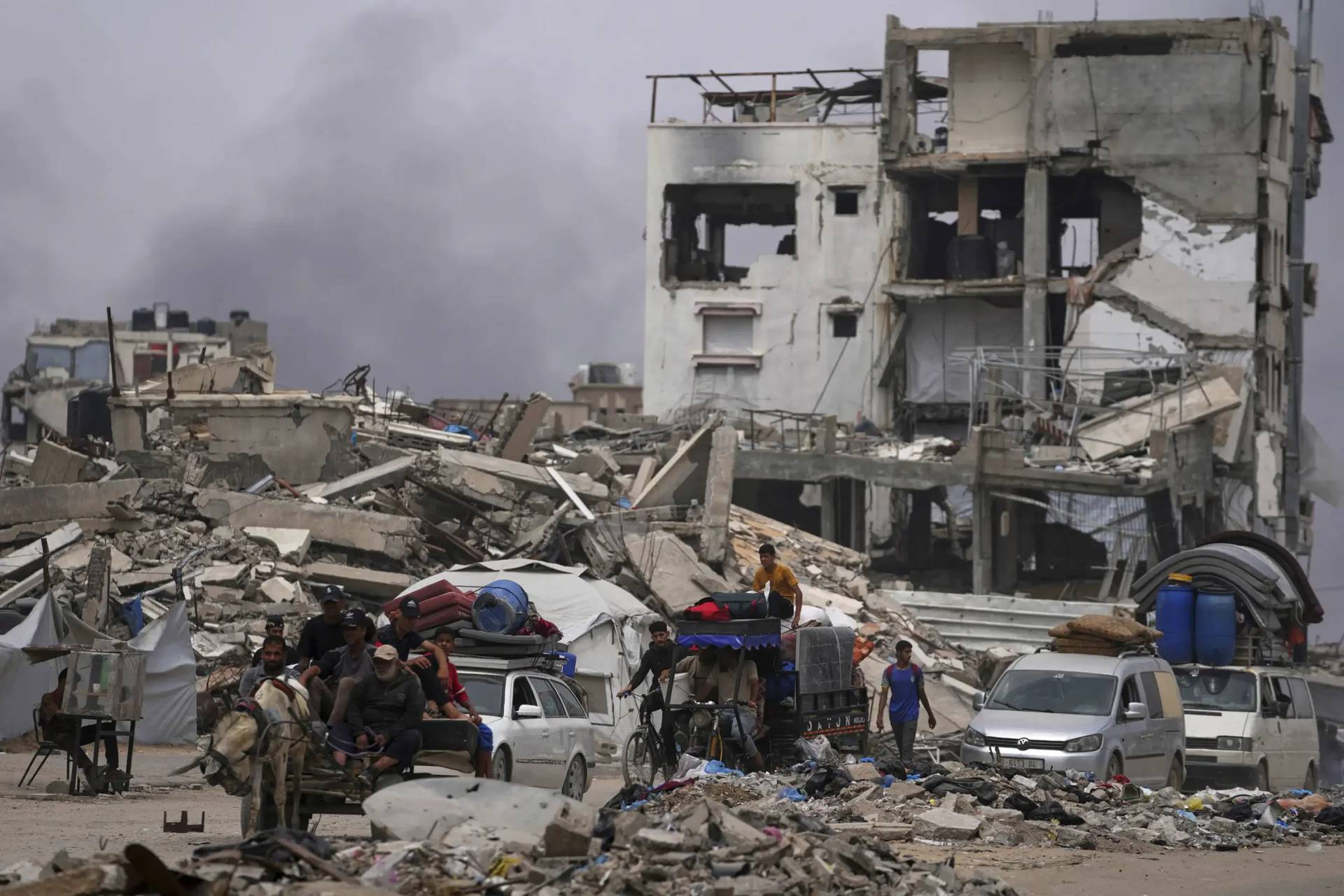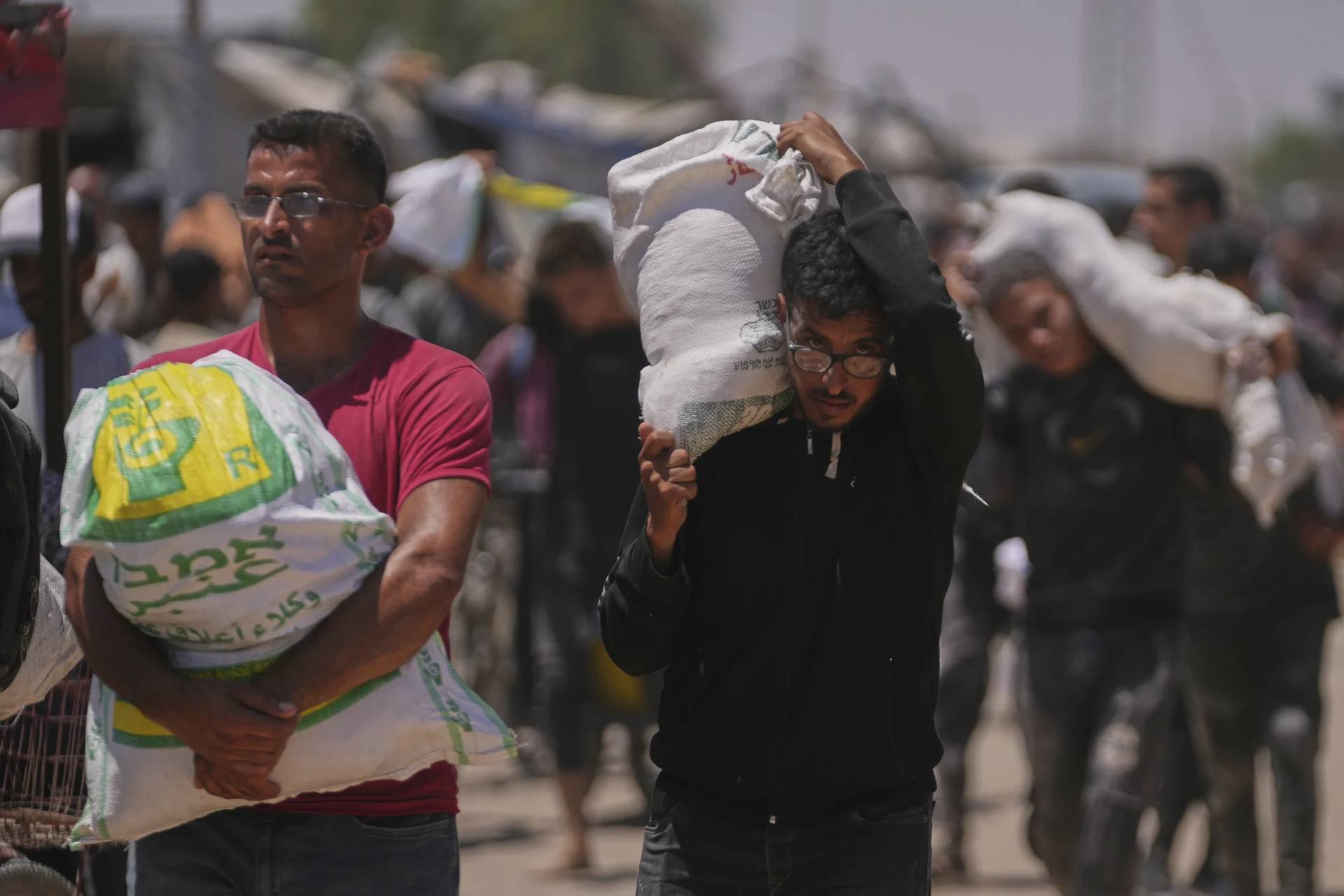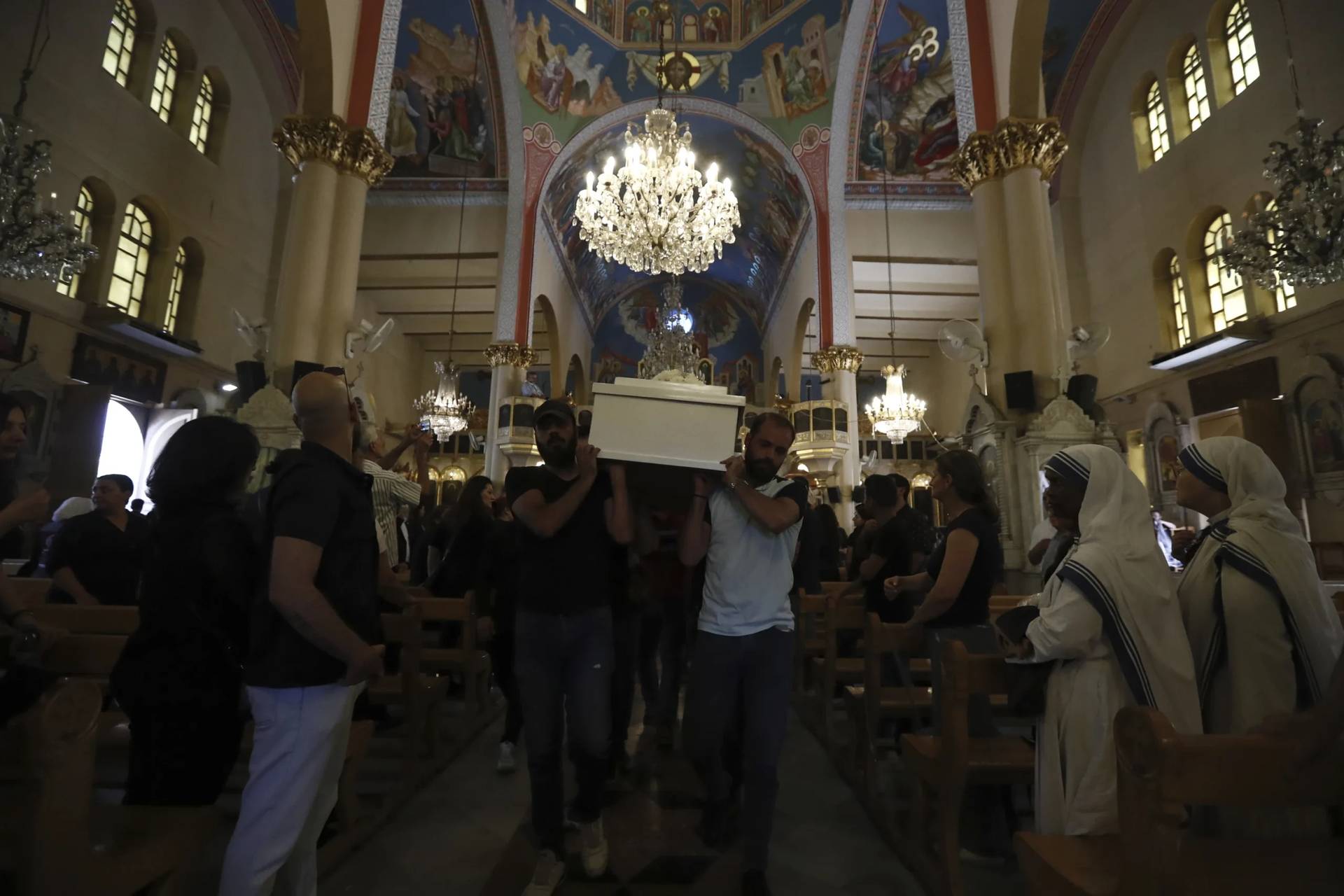For 70 years, the Christians of the village of Iqrit in Israel have been trying to return home.
The people of the village were driven from their homes in the 1948 Israeli-Arab war, and now the only permanent building is their parish church.
Unlike hundreds of other Arab villages in Israel depopulated in the conflict, the area of Iqrit has not been re-inhabited by Israeli Jewish settlers. In fact, in 1951, Israel’s Supreme Court said the villagers had the right to return to their homes.
Yet the same year – on Christmas Day no less – the Israeli army demolished all of the homes in the town.
But still, the villagers, most of whom live less then 30 minutes away in surrounding towns, can only visit their home for religious services at the church.
Nemi Ashkar, chairman of Iqrit Community Association, told Crux he has met with various government officials, most of whom seem sympathetic to the villagers’ plight.
“All of them understand the situation, and all of them agree that we have the right to return to Iqrit and to rebuild Iqrit,” he said. “And all of them also say the answers and the decision and the determination in this case is only by the prime minister’s office.”
Unfortunately, Ashkar added, Iqrit is not on the prime minister’s agenda.
On Tuesday, the village was on the agenda of the Holy Land Coordination, an international group of bishops that visits the region each year in an act of solidarity with the local Christian population.
The prelates come from across Europe, North America and South Africa, and have been organizing the pilgrimage to Israel and Palestine for the past 20 years.
During their visit, the bishops often meet with high-ranking Israeli and Palestinian officials, and also pledge to meet with government officials in their own countries about the situation of Christians in the Holy Land.
This year, the focus of the pilgrimage is on Christians in Israel.
“We have concentrated in the past on the West Bank and of course in Gaza,” said South African Archbishop Stephen Brislin of Cape Town.
He told Crux that Christians in Israel told him they often felt “neglected and abandoned” by the universal Church.
There are nearly 170,000 Christians in Israel, the vast majority of whom are Arab. For Catholics, their minority status is amplified: As Arabs, they are a minority among other Israeli citizens; and as Christians, they are a minority among the mostly-Muslim Arabs.
“They are in a very tenuous and quite a vulnerable situation,” Brislin said.
“Nonetheless, there is a great deal of determination among the Christians here, and they feel that they have an important role to play; that they are not just victims, and they are not just here to be used when people want to use them – if I can put it like that – but they feel that they have an actual contribution to make and that they are players in the whole situation,” he said.
The archbishop said the visit to Iqrit was “very moving” and “symbolic.”
“[Iqrit] just brings home to me again that in many ways the Israelis and the citizens of Israel who are not Jewish are living in two parallel worlds and they just don’t seem to be able to meet and understand other’s points of view,” Brislin said.
The archbishop said despite this, the people of the village still have hope, and “are quite committed to continue the struggle for their right to return.”
Ashkar told Crux they continue to lobby the Israeli government, as well as work through the Israeli courts.
Some might question why the people of Iqrit continue their decades-long quest: After all most of the original villagers have died, and their descendants are now living in nearby villages with families of their own.
But Ashkar said only Iqrit is home.
“Why do we still insist we return? Because families, our fathers and our grandfather are buried here. If you have a grave in the field, you cannot leave it,” he said.
“Iqrit still lives in the heart of everyone from the community. All of our spiritual events – weddings, prayers, Christmas events, Easter events – we are praying in our church in Iqrit. When someone dies, we bury them in Iqrit. The only way we can return to our land is in our coffin,” he continued.
“It is part of us, and the place is empty waiting for us,” Ashkar said.
















